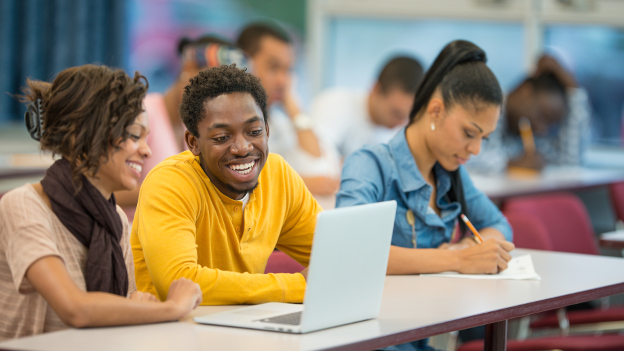Metro
Nigerians top list of African Students studying in US schools

An Official of the United States Immigration and Customs Enforcement said Nigerians constitute the highest number of students from Africa studying on the U.S soil.
Rachel Canty who is the Deputy Director, Students and Exchange Visitor Programme of the agency disclosed this while speaking at the Foreign Press Centre International Reporting Tour: U.S. Community Colleges and Workforce Development, programme in Washington D.C.
Canty added that out of the over 36,000 students from Sub Saharan Africa studying in the U.S, 16,039 of them are Nigerians out of which 54 per cent male and 46 per cent female students.
“As of March 2019, there are 16,039 students from Nigeria studying in the United States with 54 per cent male and 46 per cent female students.
“This is an increase of 3,342 students over 12,693 students recorded in November 2018,” she stated.
Read also: FG, ASUU resume negotiations
She further explained that undergraduate students constituted 34 per cent, Masters students was, 36 per cent, as Doctorate formed 12 per cent, while Associate 12 per cent, non-degree and others formed 5 per cent.
Among schools that have become most preferred to Nigerians include Texas with 2,713, California, 856 students, Maryland, 827 students, New York, 818 students and Florida 753 students.
Altogether, students from Nigeria attended about 800 institutions in each of America’s 50 states.
Join the conversation
Support Ripples Nigeria, hold up solutions journalism
Balanced, fearless journalism driven by data comes at huge financial costs.
As a media platform, we hold leadership accountable and will not trade the right to press freedom and free speech for a piece of cake.
If you like what we do, and are ready to uphold solutions journalism, kindly donate to the Ripples Nigeria cause.
Your support would help to ensure that citizens and institutions continue to have free access to credible and reliable information for societal development.
























